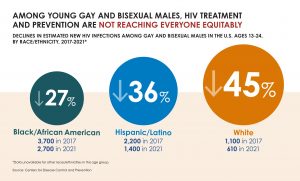This is perhaps the most well known treatment for ED, but not necessarily well understood. ED drugs have helped many men with erection difficulties, but they aren’t magic pills that rev up the sex drive, give men instant “super” erections and make them better lovers. What these prescription drugs do is increase blood flow to the penis—a man still needs to be sexually aroused to achieve an erection. They don’t affect libido or give a man without ED a “better” erection, so they aren’t meant to be used as recreational drugs to improve the sexual experience.
There are several FDA-approved oral treatments for ED, all of which work in largely the same way. These drugs do have side effects and may not work for every man. They are also not recommended for men taking certain medications, including some to treat high blood pressure and chest pain, as the combination of such drugs can be dangerous. A health care provider should review all of a man’s medications before deciding whether oral medication is a safe option.
And oral medications—prescribed by a qualified provider—are a safe and effective option. ED drugs and “alternative” treatments sold online with no prescription needed are not
For some men, a vacuum constriction device may be the best alternative. As the name suggests, the device is used to create a vacuum to stimulate an erection. The penis is placed in to pump (a tube, or cylinder). Air is manually pumped up, stimulating blood flow to the penis, which helps bring on an erection. To maintain the erection, the man will place a ring around the base of the penis. While success rates with this device vary, research showed that more than 90% of men can experience functional erection with a vacuum constriction device with adequate practice. But as with oral medications, this therapy is not right for all men.
Low testosterone is not a common cause of ED, but in some cases, testosterone therapy may be recommended. A man with testosterone deficiency will have symptoms other than ED, such as depression, a decreased interested in sex, and difficulty concentrating. Testosterone therapy can be given in different forms—including injections and patches—each of which has advantages and disadvantages. If hormone replacement is recommended by a health care provider, he or she will discuss which might be best.







